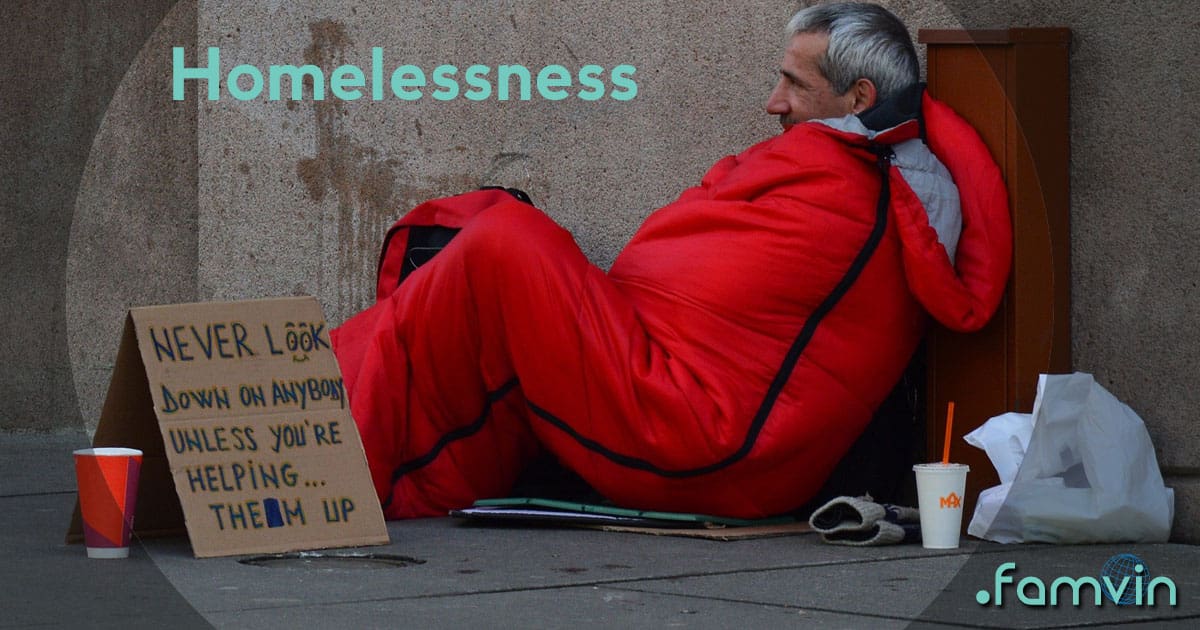Sheltering In Place When You Don’t Have a Home?
When you have no place…
It is an article that hits close to home here in Philadelphia. But is also an article that describes many other places. How Do You Shelter in Place When You Don’t Have a Home? Eliza Griswold of the NewYorker magazine tells the story of Mary Beth Appel and Johanna Berrigan, two health-care workers who run a free clinic in North Philadelphia.
I do not know their situation personally. But their situation rings true. In this time of “sheltering in place” they share their concerns for people who have no place to shelter in.
Some thoughts that caught my attention…
- “It’s impossible, under normal circumstances, to follow any kind of medication regimen or healthy diet, or to get proper sleep… And of course people need to have proper hygiene and be able to wash their hands.”
- Homeless people are ten times more susceptible to COVID-19, by the fact they have nowhere to go and to clean themselves,” he said.
- Public-health scholars, such as Randall Kuhn, a professor at U.C.L.A.’s Fielding School of Public Health, have argued that once the virus reaches the homeless population, it could ravage that community; this, in turn, would increase infection in the general population. For everyone’s sake, it is important to protect the homeless. “In an era of pandemic, housing is inherent to prevention,” King said.
Why the problem will get worse...
- In addition to the immediate medical dangers of the pandemic, the economic crisis it is causing is already pushing more people into homelessness.
- “I totally agree with flattening the curve, and with people not overwhelming the health-care system, but that longer period of time has economic consequences,” Nortz said.
- The shrinking economy may also cause off-the-books jobs, like day labor, to disappear, making it harder for those who are transitory to eke out a living. Some advocates have argued that homeless people need their own federal stimulus package.
- At the time, in Philadelphia, there were still fewer than two dozen confirmed cases of COVID-19, and it had yet to manifest among the homeless population. . But, once the virus became more widespread, Appel and Berrigan knew that cases among the homeless would increase rapidly.
Appel and Berrigan had been running the clinic for almost twenty-nine years, and have treated patients through the AIDS crisis, the crack epidemic, and, more recently, widespread addiction to opioids. They were well-acquainted with the difficulties of meeting human needs during a crisis.







0 Comments